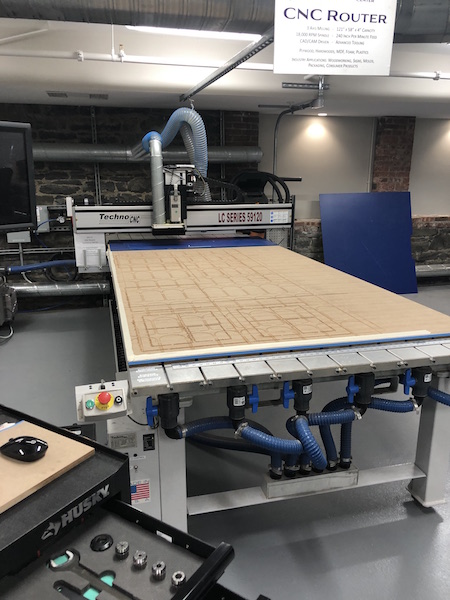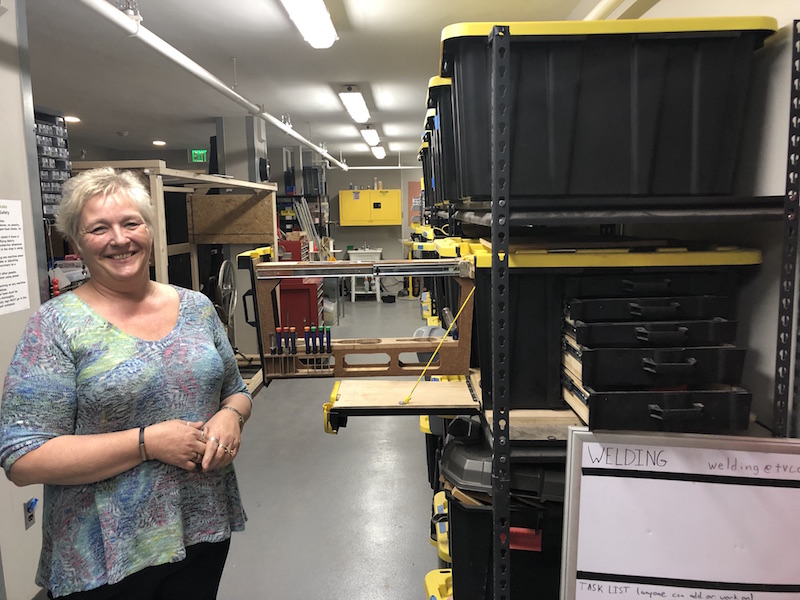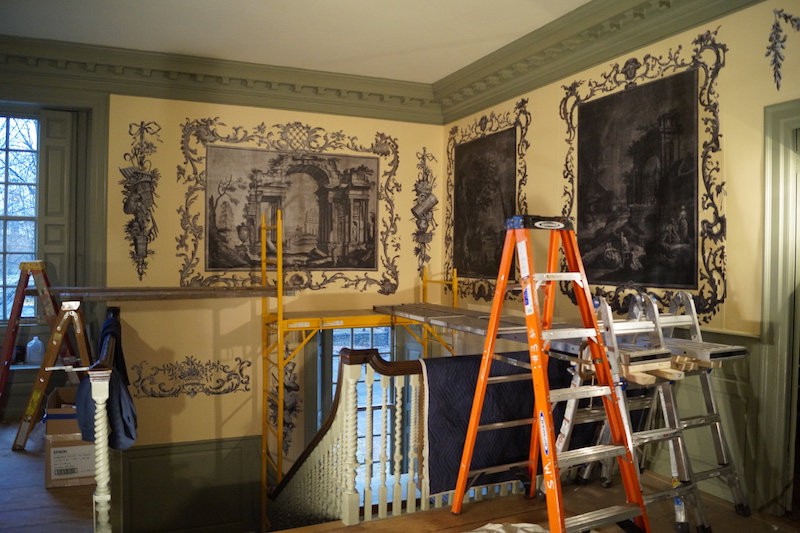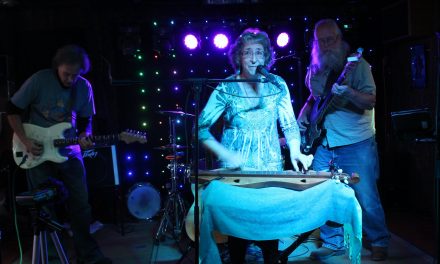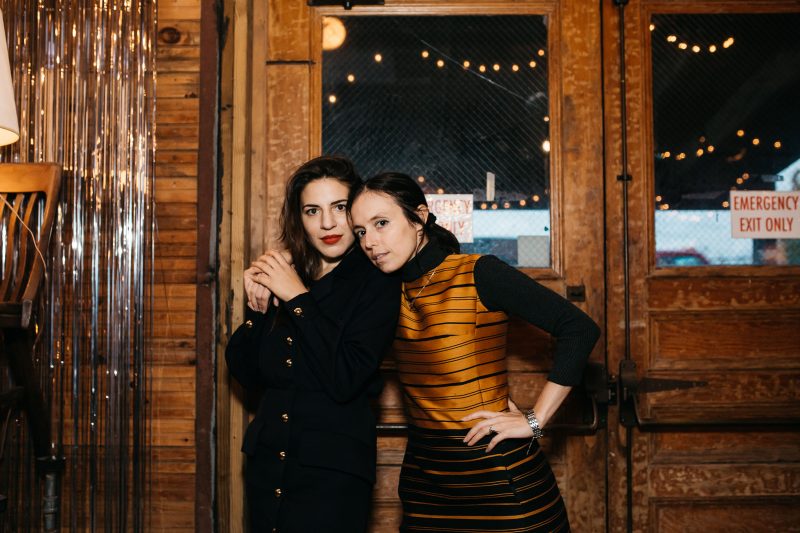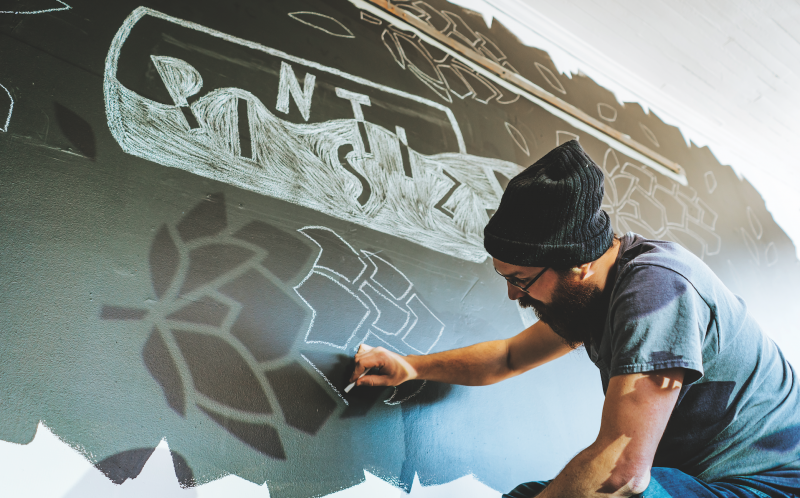Photos by David Howard King
On a Wednesday afternoon in Troy, Holly Cargill-Cramer’s voice booms from her second-floor office and echoes across the wide-open expanse that is the first floor of The Tech Valley Center of Gravity. Cargill-Cramer, who began as CEO of the not-for-profit makerspace in early 2017, has, in many ways, transformed the idea of the local makerspace, bringing stability, order and a set of systems that have made operations here more feasible even as nationwide, for-profit makerspaces have foundered.
Cargill-Cramer will soon be moving on to a partnership in a local non-profit management firm. The Collaborative’s visit to the space became, in some sense, an impromptu exit interview.
It’s clear from the start that Cargill-Cramer is in no way ready to let go of the 10,000 square foot space. “I’m going to stay involved,” she says, sitting on a patched faux leather couch near the space’s kitchen. Behind her are all sorts of tools, lathes, printers circuit boards and monitors in various states of disrepair. In one corner a young woman works on graphic design; downstairs a carpenter displaced from his basement shop due to a furnace failure is replacing glass panels in an old door frame; just across from him, the owner of a local escape room business crafts a prop out of a block of wood. Machinery weighing hundreds of pounds and worth thousands of dollars; 3D printers, a computer-aided router, are available to dues-paying members, as are more traditional woodworking tools.
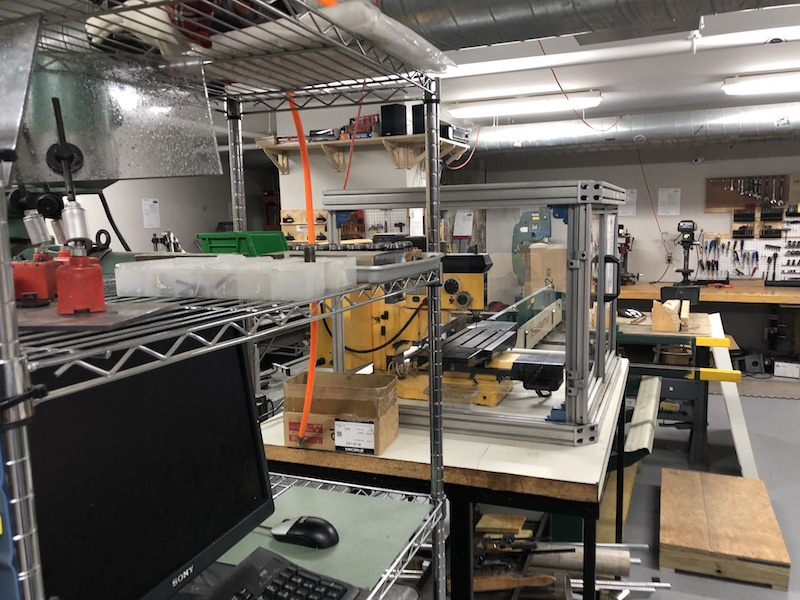
It’s been Cargill-Cramer’s job not only to figure out how to get businesses to invest in these tools and the buidling but to also manage access to these machines, provide education and keep them in working order. “We see university libraries are now installing 3D printers, but librarians aren’t trained in using them. It takes hours of training. So, we’re looking at providing some of that,” Cargill-Cramer says. She’s used to hosting teams of curious onlookers who are looking to pick up best practices for the makerspaces across the country.
“They keep coming back. And I think it’s because we learned the lessons the hard way when we started. There isn’t room in this for profit. We have to sustain this with outside investment, volunteers and by keeping people engaged.”
Cargill-Cramer notes that in 2017 TechShop, a makerspace with locations in California, Arizona, Virginia, Michigan, Texas and Brooklyn abruptly announced bankruptcy and closed all of its locations. The company branded itself as a place for small companies to build and grow and its closure impacted many of them.
Center of Gravity is unique in that it is a state-funded prototyping center and business incubator. COG has received up to $125,000 over a five-year period under a state program to help companies that are in their infancy. In 2017, COG was given $75,000 by the state to create a Rapid Prototyping Center to provide manufacturing equipment to young startups. Tools like 3D printers allow quick prototyping of designs from claps and tools to statues and toys.

Standard membership costs $60 per month for individuals. Family plans are available, as COG offers programs for kids. Higher tiered memberships allow for access to hi-tech machinery that requires training, 24/7 access and other perks.
One of the biggest challenges Cargill-Cramer has faced is retaining members. “We’ll get someone who says ‘I’ve always wanted to get into woodworking,’ but basic training on the machine doesn’t begin to give someone the full knowledge they need to make something useful. That’s why we’ve developed classes to keep people engaged so they can put their creative muscles to work. And hopefully, stay involved.”
There are hosts of classes available at COG, including those in woodworking, fiber arts, using a laser cutter, 3D printer training and metalwork. Groups meet to discuss programming, glasswork. Every first Saturday, COG hosts STEAM-Powered Saturdays for kids ages four to 12. Previous projects have included creating “circuit bugs,” magnetic slime and make-your-own kaleidoscopes.
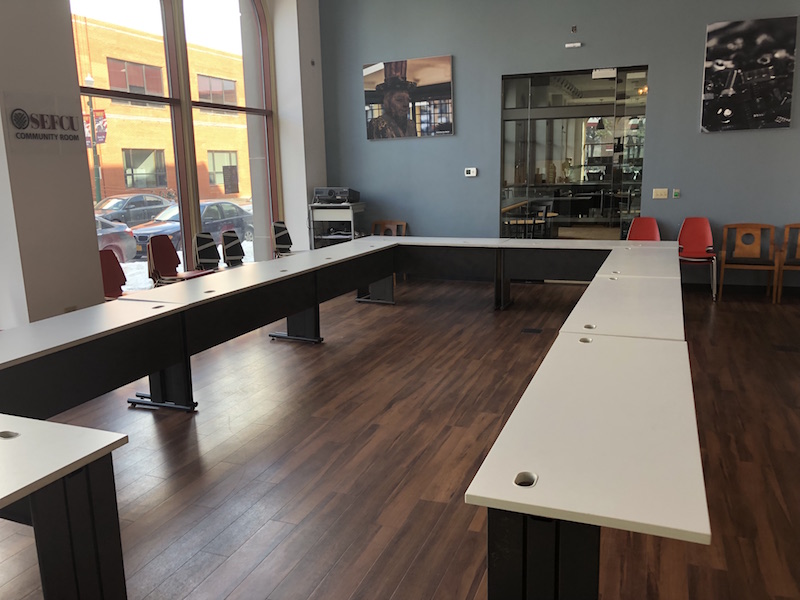
Over her tenure, Cargill-Cramer has overseen the installation of a series of systems to keep the place in running order, allow easy access to the building and keep members engaged. COG started in 2012 in a parking garage in Troy by like-minded thinkers and inventors who wanted a way to share their tools and work on projects together. The initial interest and memberships told them they would need a larger space—and quickly. In 2015, they moved from a 5,000-square-foot location in the Uncle Sam Parking Garage to their current location in the Quackenbush building which boasts 50,000 square feet of space. The building required a $3 million renovation that was funded by state, county and city entities, along with private investment.
Yet Cargill-Cramer says she’s seen some retraction in the market for the institution’s services lately. She’s been focused on becoming a job training ground for local tech and manufacturing companies. She believes COG offers a kind of learning environment that would serve many people in ways traditional classes could not. She also strongly believes the only way for COG and operations to continue to succeed and serve local creatives and upstart businesses is with major support from the government and the local businesses that benefit from an educated and tech-savvy workforce.
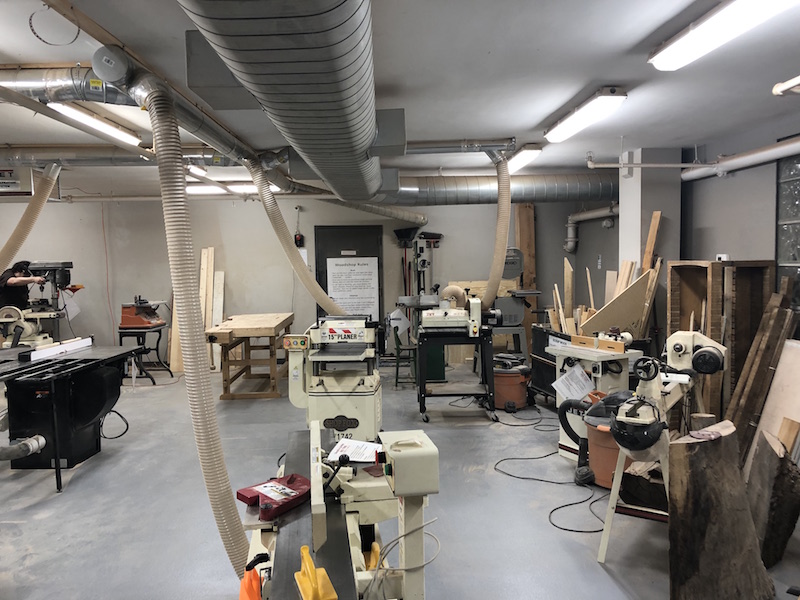
It’s clear at the moment that Troy wouldn’t exist as it does today without COG. Velan Studios, the game design company started by the creators of Guitar Hero, is located close by and regularly does prototyping there. Stephen Koler, of escape room company Enigmatic Escapes, walks past Cargill-Cramer on his way out the door. “I wouldn’t be able to afford to do this if there wasn’t a makerspace across the street,” says the RPI graduate. He’s just finished turning the block of wood into a pegboard he plans to use in an escape room he was commissioned to produce for SUNY Cobleskill.
Cargill-Cramer says that it isn’t just about Troy—and it can’t be. “We’re a regional entity; we want everyone to utilize us. We’re here to partner, to help people create what they want to create.
